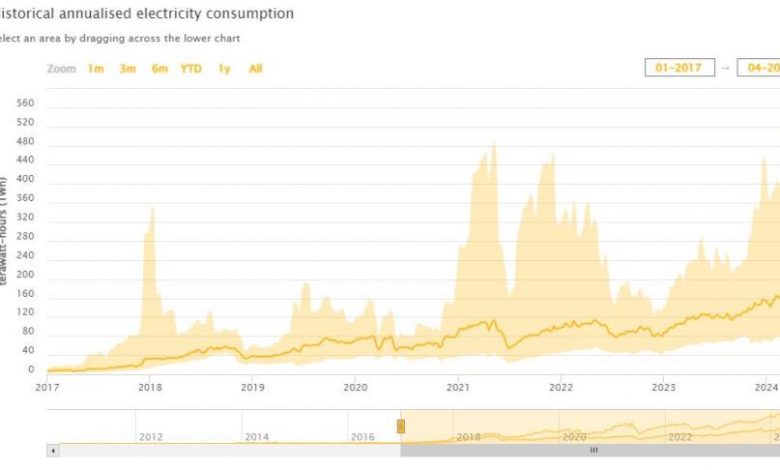Understanding the Role of Miners in the Cryptocurrency Ecosystem

Understanding the Role of Miners in the Cryptocurrency Ecosystem
What are Miners in the Cryptocurrency Ecosystem?
In the world of cryptocurrency, miners play a crucial role in maintaining the integrity and security of the blockchain. Simply put, miners are individuals or entities that validate and verify transactions made within a particular cryptocurrency network. They add these transactions to blocks, which are then added to the blockchain.
How do Miners Work?
Miners use powerful computer hardware and specialized software to solve complex mathematical problems. This process, known as mining, involves competing with other miners on the network to find a solution to the mathematical puzzle. The first miner to find the correct solution is rewarded with newly minted cryptocurrency coins.
Why are Miners Important?
Miners are essential for multiple reasons:
- Transaction Verification: Miners validate and verify transactions to ensure that they are legitimate and comply with the rules of the cryptocurrency network.
- Security: By dedicating processing power to solving mathematical problems, miners make it difficult for malicious actors to manipulate transactions or create fraudulent ones.
- Decentralization: Miners help decentralize the cryptocurrency ecosystem by participating in the network’s consensus mechanism, ensuring no single entity has control over all transactions.
How are Miners Rewarded?
Miners are rewarded for their efforts in securing the network and validating transactions. Depending on the cryptocurrency, miners may receive newly minted coins as a reward or a portion of the transaction fees paid by users.
What is the Impact of Mining on Energy Consumption?
Mining cryptocurrency can be an energy-intensive process. The computational power required for solving complex mathematical problems consumes a significant amount of electricity. As a result, some cryptocurrencies have faced criticism for their environmental impact.
However, it’s worth noting that many miners have started adopting greener alternatives, such as renewable energy sources, to power mining operations and mitigate the environmental impact.
Conclusion
Miners are an integral part of the cryptocurrency ecosystem. Their role in validating transactions, ensuring security, and maintaining decentralization cannot be overstated. As the popularity of cryptocurrencies continues to grow, understanding the crucial role played by miners becomes even more important.
Frequently Asked Questions (FAQs)
Q: What is the difference between miners and nodes?
Miners perform the tasks of validating transactions and adding them to the blockchain, while nodes maintain a copy of the entire blockchain and participate in the network’s consensus process. While some miners may also be nodes, not all nodes are miners.
Q: Can I become a miner?
Yes, it is possible to become a miner. However, it requires a significant investment in specialized hardware, software, and electricity costs. Additionally, you need to consider the competition from other miners, as it can impact your chances of earning rewards.
Q: What happens when all the cryptocurrency coins are mined?
When all the coins of a particular cryptocurrency are mined, miners will no longer receive block rewards. Instead, they will rely solely on transaction fees as their reward for validating transactions. This shift is intended to ensure the sustainability of the cryptocurrency network.
Q: Can miners choose which transactions to include in a block?
Yes, miners can choose which transactions to include in a block. However, they generally prioritize transactions with higher fees, as these offer a greater incentive for the miner.
By providing answers to these frequently asked questions, we hope to have offered a clearer understanding of the role of miners in the cryptocurrency ecosystem. If you have any further queries, feel free to reach out to us!



